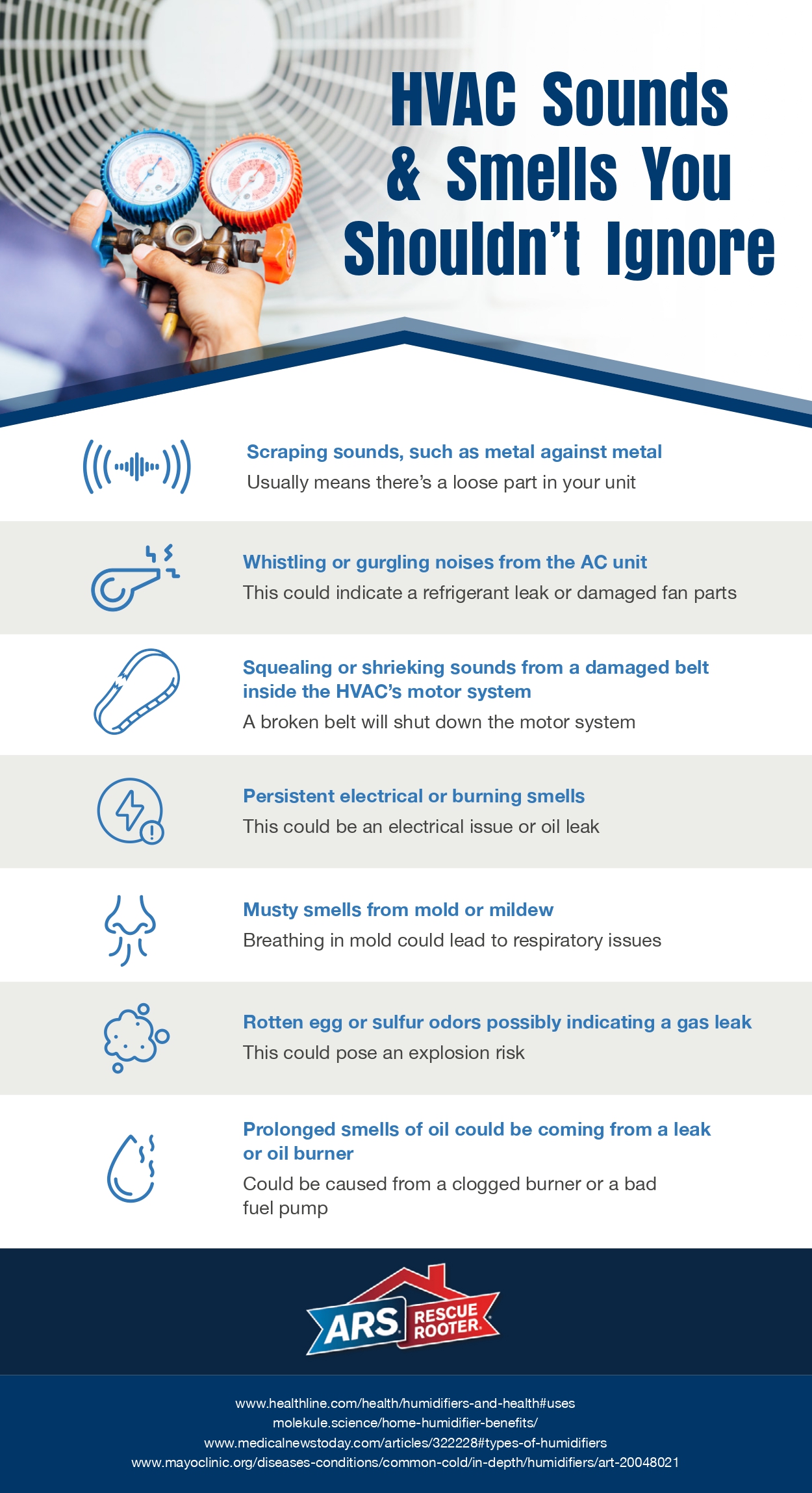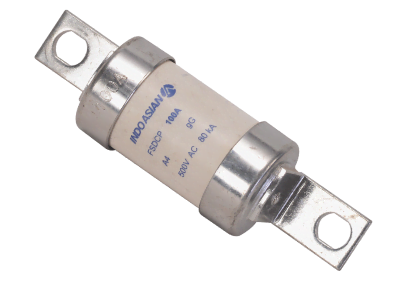What is this?
An Air Quality Assessment report will include the following:
Key elements needed for air quality modelling are described, including a summary of current conditions and how they might change, important air pollution concerns, the methodologies to be used, and any requirements for modelling air quality verification at sensitive locations, the basis for assessing impact and determining the significance of an effect in the construction phase.
When is it required?
Applications that are likely to result in air pollution emissions for which there is a national air quality objective, or for which there may otherwise be a significant impact on local air quality, meeting the criteria specified in the adjacent column.
Construction work, utility services, and excavation are all examples of industries that could be negatively affected by poor air quality. (For example, new housing development in an area with existing bad air quality i.e., Air Quality Management Area)
Air quality can be a concern if it is likely to adversely impact on an area, particularly if in a known area of poor air quality.
Concerns can also arise where a development is likely to hamper the implementation of an Air Quality Action Plan and in particular lead to a breach of European Union legislation.
A separate Air Quality Assessment may not be required where it will be submitted as part of a formal EIA for major development.
Why is this required?
EU legislation drives the action to manage and enhance air quality. The 2008 Ambient Air Quality Directive establishes enforceable standards for concentrations of major pollutants that impact public health, such as particulate matter (PM10 and PM2.5) and nitrogen dioxide (NO2), in outdoor air. These chemicals can also form ozone, an adverse air pollutant (and significant greenhouse gas), which can be carried long distances via weather systems.
An annual national air quality assessment is conducted by the Department for Environment, Food and Rural Affairs (DEFRA) using modelling and observation to determine compliance with EU Limit Values. Potential development impacts on air quality must be considered while planning, as indicated by the national assessment when relevant limits have been exceeded or are on the verge of being surpassed.
SRE‘s air quality experts have a long track record of working collaboratively with customers to help them meet their air quality assessment needs in line with current planning guidance. Depending on the circumstances and demands of each project, studies may vary considerably in terms of content and scale. Contact SRE for an informal discussion to explore the many ways they might be able to help you.
Infographic provided by American Residential Services, Inc., a heating system repair company





